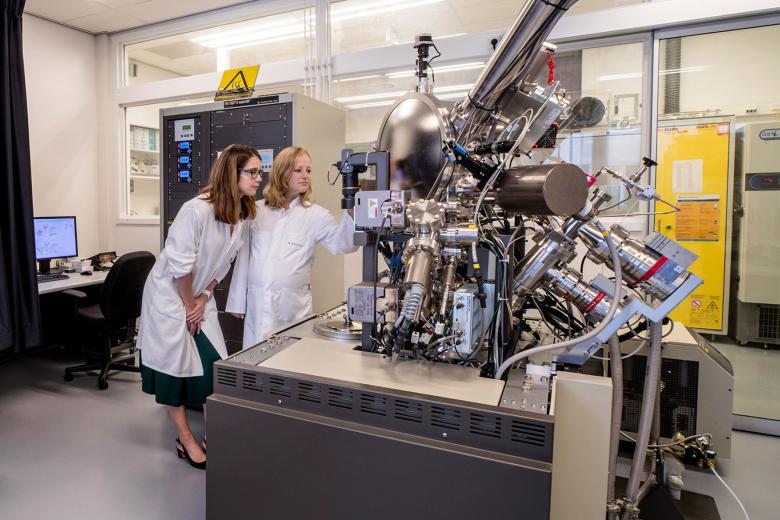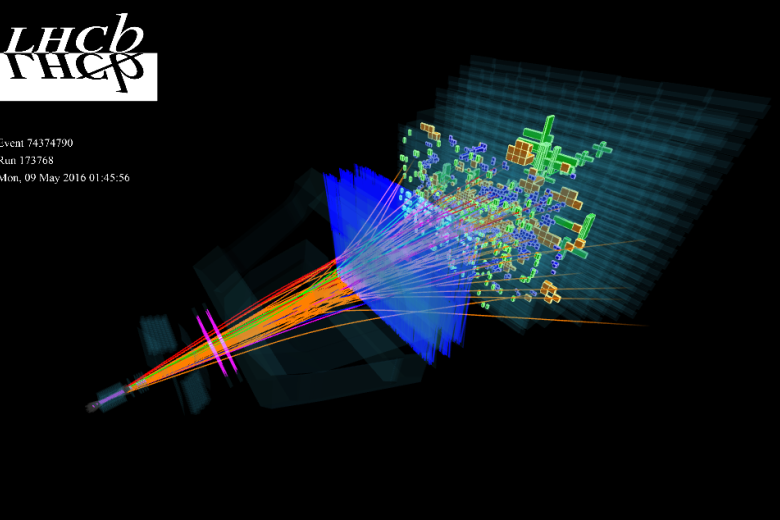Creating added value with biobased and circular materials
On March 20, 2025, experts from the agricultural and chemical worlds gathered at the Brightlands Chemelot Campus in Geleen for the Agro Meets Smart Materials meeting. The central question: how can agricultural crops and residual flows contribute to the development of sustainable, circular materials? With contributions from research, policy and practice, the day showed how innovation arises at the intersection of sectors - and where agriculture can create new value outside the traditional chain.
Romano Orru, Scientific Director of Aachen-Maastricht Institute for Biobased Materials (AMIBM), opened with the importance of physical proximity between research and industry. The Brightlands Chemelot Campus offers a strategic advantage in this respect: a place where fundamental research can directly connect to industrial applications. Ermo Daniels, managing director of AMIBM, also emphasized the unique nature of the collaboration between Maastricht University and RWTH Aachen University, which brings together knowledge from two strong knowledge regions.
Romano Orru elaborated on the potential of biobased polymers and how existing and new crops such as nettles, blueberries and asparagus can be used for material development. Valuable molecules can be extracted from plants using extraction processes, which can then be used to produce circular polymers. This requires new value chains in which sustainability and economic feasibility go hand in hand.
- Kirsten Steinbusch (Groeifonds Biobased Circular) outlined how bioresources can offer an alternative to fossil raw materials. By making more use of biomass, recycling and CCU, the aim is to significantly reduce the export and use of plastics. Within the growth fund, the focus is on applications of biopolymers such as polyester, in which fiber crops can serve as a basis for building materials, among other things.
- Robbe de Bisschop (Centexbel) took the audience through the technological and practical aspects of bioplastics, including PLA (PolyLactic Acid). He showed how biobased textiles can be both biodegradable and sustainable, but that there are still challenges in areas such as color fastness and cost. Research and product development remain crucial in this regard.
- Finally, Peter Knippels (LTO) spoke about the role of new crops in agriculture. Not every crop is immediately promising; there must be sufficient market demand, continuity and a realistic price level. In addition, legislation and regulations and international competition play an important role. His advice: focus on crops with high added value, start small, learn fast - and then scale up in a targeted way.
The substantive program was followed by a tour of the AMIBM laboratories. Participants were given a look behind the scenes at current research projects and innovations in biobased materials. The day ended with a networking reception, where participants continued to discuss the opportunities and collaboration in the fields of agro and smart materials.
Also read
-
UM to play a more prominent role in Dutch scientific infrastructure
Eleven consortia from various scientific disciplines are set to launch projects of great value to science. The Dutch government is making a total of €197 million available for this purpose. Scientists from Maastricht University (UM) are closely involved in seven of the eleven projects.

-
Archaeology as a bridge between past and future - Luc Amkreutz Appointed 8th Eugène Dubois visiting professor
Luc Amkreutz is the new Eugène Dubois Visiting Professor at the Faculty of Science and Engineering at Maastricht University. "I see this chair as a unique opportunity to highlight the multidisciplinary power of archaeology and to show how science and society can reinforce each other."

-
Maastricht University contributes to FASTTRACK: extremely fast particle detection at CERN
Maastricht University is participating in the FASTTRACK project, which has been awarded a €21.7 million NWO Roadmap grant. FASTTRACK will enable extremely fast detection of particle collisions in the Large Hadron Collider.
